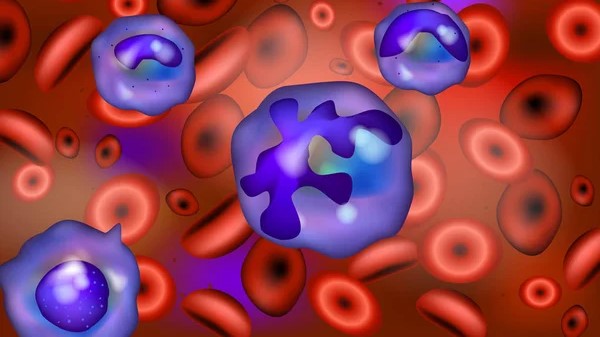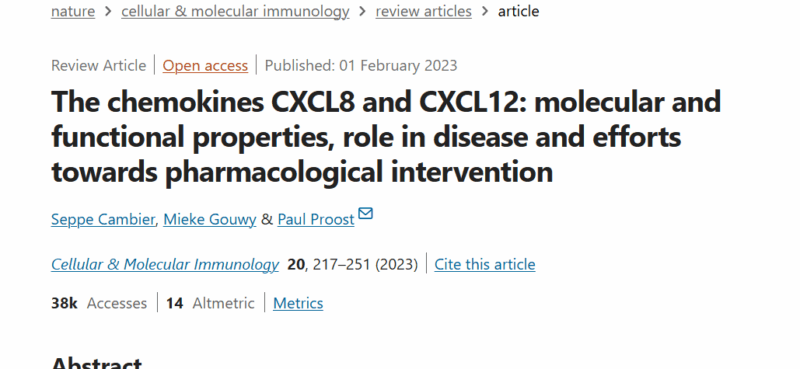
CXCL8, Neutrophils, and Tumor Immunity: Insights by James P. Crowley
James P. Crowley, Professor of Medicine emeritus at Brown University, shared the following insightful post on LinkedIn a recent paper by Seppe Cambier et al. published in Nature:
“Chemokines are an indispensable component of our immune system through the regulation of directional migration and activation of leukocytes.
CXCL8 is the most potent human neutrophil-attracting chemokine and plays crucial roles in the response to infection and tissue injury.
CXCL8 secreted by tumors plays a key role in recruiting neutrophils to the tumor microenvironment. Tumor-associated neutrophils have a dual potential with either weak tumor-suppressive or stronger tumor-promoting effects.
The anti-tumor N1 neutrophil phenotype is characterized by killing of tumor cells and promoting pro-inflammatory immune responses.
The pro-tumor N2 neutrophil phenotype is associated with…induction of a highly immunosuppressive environment mediated by tumor cell upregulation of inhibitory immune checkpoint molecules like programmed death-ligand 1 (PD-L1) facilitating immune escape… this further promotes tumor growth by inhibiting local anti-tumor immune responses mediated by CD8+ T-lymphocyte infiltration.”
Authors: Seppe Cambier, Mieke Gouwy and Paul Proost

This post by James P. Crowley highlights the pivotal role of CXCL8 in tumor immunity, specifically how it attracts neutrophils to the tumor microenvironment. Crowley underscores the dual nature of tumor-associated neutrophils, distinguishing between anti-tumor N1 phenotypes and pro-tumor N2 phenotypes, with the latter contributing to immune evasion via PD-L1 upregulation and reduced CD8+ T-cell activity. His insights provide an important perspective on how chemokines influence cancer progression and immune responses.
More posts featuring James P. Crowley on OncoDaily.
-
Challenging the Status Quo in Colorectal Cancer 2024
December 6-8, 2024
-
ESMO 2024 Congress
September 13-17, 2024
-
ASCO Annual Meeting
May 30 - June 4, 2024
-
Yvonne Award 2024
May 31, 2024
-
OncoThon 2024, Online
Feb. 15, 2024
-
Global Summit on War & Cancer 2023, Online
Dec. 14-16, 2023
